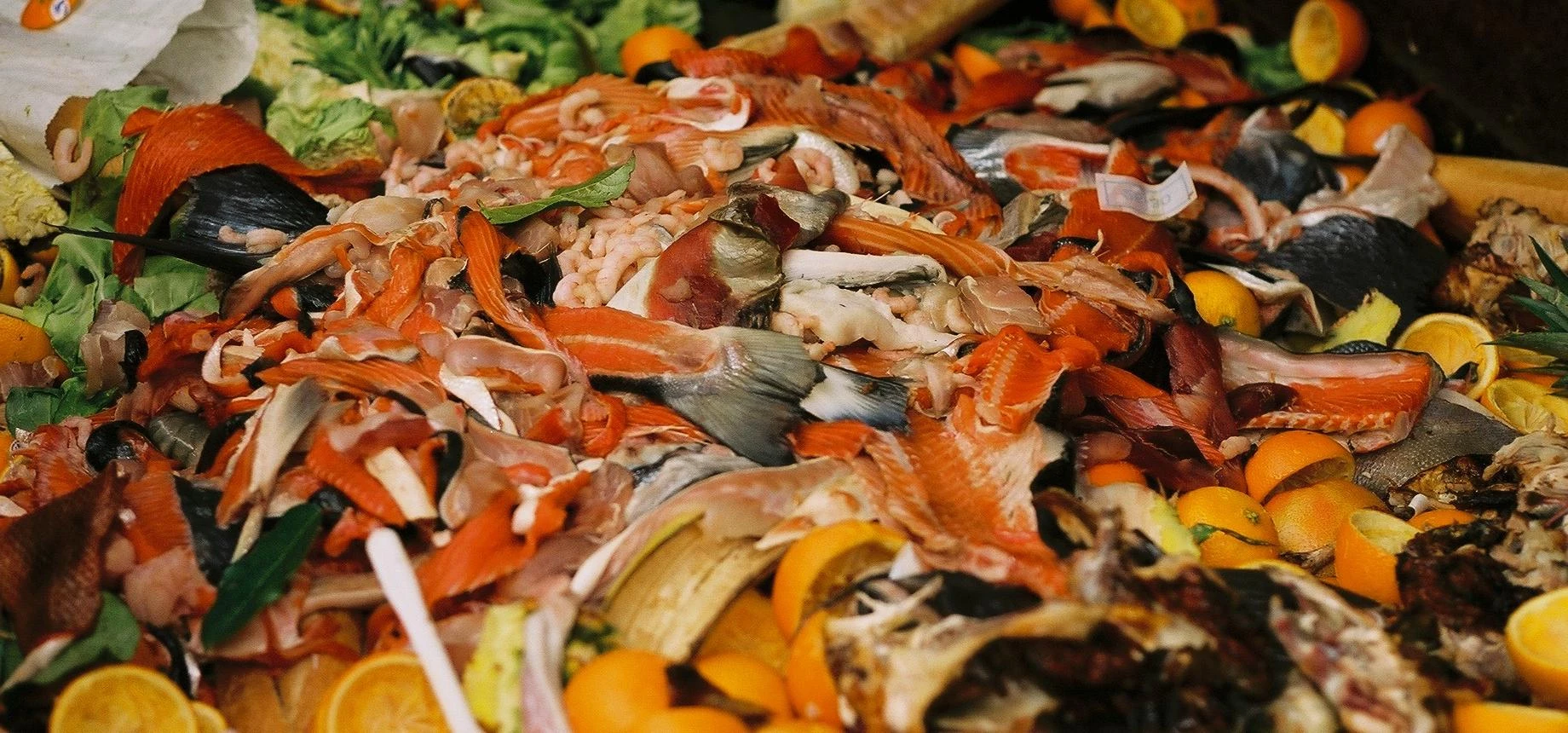
Partner Article
Waste not, Want not
I heard an inspiring item on the radio which showed how effective supply chain management can have a real impact on waste, hunger and the environment. The piece was on food waste and specifically a project started in the north of England called theReal Junk Food Project which uses only waste food to create meals. That leftover food is thrown away by restaurants and supermarkets - all the food used would otherwise be destined for a landfill. This video from The Guardian explains how it works.
There were other contributors – academics and politicians and the scale of the problem soon became apparent with a couple of published reports cited. The Household Food and Drink Waste in the United Kingdom 2012 paper contains some sobering statistics on the levels of waste in the UK – 4.2 million tons of avoidable food and drink is wasted each year, worth £12.5 billion. Contributors cited the lack of an integrated approach tosupply chain planning as one of the major issues. A UK Government Committee looking into EU Food Waste Prevention concluded that food waste is not only morally repugnant but also has serious economic and environmental implications. The amount of food discarded by consumers in industrialized nations is equivalent to nearly the entire level of net food production of sub-Saharan Africa, the committee said.
One question is whether the true cost and extent of waste is even captured by these reports? If a supermarket’s forecast for perishable items proves inaccurate they can simply cancel their order. This means that it doesn’t show as waste in their systems but the problem has simply been passed back to the producer. The importance of effective and integrated supply and demand management that spans all players in the food supply chain becomes critical. Similarly, there was criticism of promotional mechanisms used by supermarkets which use multiple purchase such as “Buy One, Get One Free”. This encourages consumers to have more products at home that don’t necessarily have expandable consumption. If you have a free lettuce you might not eat more lettuce and it ends up being wasted. The ability to understand and manage inter-dependencies across the supply chain has to be in place. But, this can be difficult when different parts of the supply chain run on different systems and the data is not consistent.
All the contributors made reference to the fact that individual players in the food supply chain act in isolation and don’t think about the end-to-end perspective. There was little evidence of the joined-up thinking that is required. When you think about the costs involved in producing and transporting food that ultimately gets wasted; this topic must be of great significance to anyone who has a passion for improving the efficiency and effectiveness of the supply chain.
There are great examples of retailers who have optimized replenishment processes and been able to improve inventory availability, lower logistics and stock costs as well as reduce food waste. This use of technology to prevent food waste is very encouraging and important. Customers do not intentionally waste food. From a shopper’s perspective, there is often confusing product labeling. Most food packaging will have one or more of these three date labels: best before, use by and display until. There is an opportunity to reduce unnecessary household food waste by clarifying the meaning of dates and changing their usage.
Hats off to people like the Real Junk Food Project who are actively trying to mitigate the cost and folly of the food waste issue. It would be great if we as supply chain professionals were able to help prevent the issues in the first place. I don’t think this is unrealistic or even naïve – tell me what you think.
by David Telford, Qlik Senior Director Industry Solutions
This was posted in Bdaily's Members' News section by David Telford .
Enjoy the read? Get Bdaily delivered.
Sign up to receive our popular morning National email for free.








 Raising the bar to boost North East growth
Raising the bar to boost North East growth
 Navigating the messy middle of business growth
Navigating the messy middle of business growth
 We must make it easier to hire young people
We must make it easier to hire young people
 Why community-based care is key to NHS' future
Why community-based care is key to NHS' future
 Culture, confidence and creativity in the North East
Culture, confidence and creativity in the North East
 Putting in the groundwork to boost skills
Putting in the groundwork to boost skills
 £100,000 milestone drives forward STEM work
£100,000 milestone drives forward STEM work
 Restoring confidence for the economic road ahead
Restoring confidence for the economic road ahead
 Ready to scale? Buy-and-build offers opportunity
Ready to scale? Buy-and-build offers opportunity
 When will our regional economy grow?
When will our regional economy grow?
 Creating a thriving North East construction sector
Creating a thriving North East construction sector
 Why investors are still backing the North East
Why investors are still backing the North East